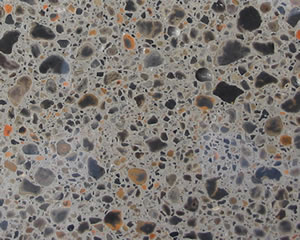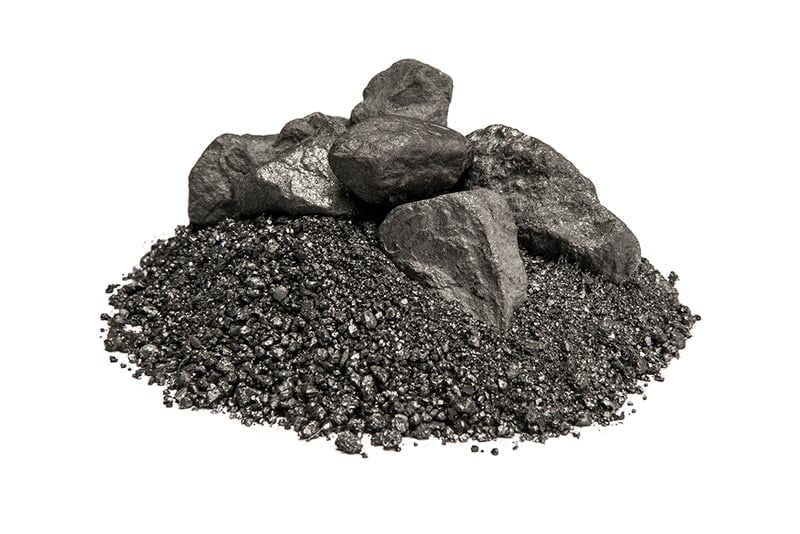What is the Density of Concrete
Concrete is the most used building material in the world. It is a composite material that consists of aggregate, cement, and water. The overall combination of its additives produces the density of concrete. The aggregate can be any hard, natural substance like gravel or crushed stone. Cement is a binder that holds the concrete together and gives it strength.
There are two types of cement: Portland cement and blended cement. Portland cement is made from clinkers (a type of rock) and limestone. Blended cement is made from clinkers, limestone, and other materials like fly ash or slag.
Why is Concrete Density being Important?
Concrete density is an indication of the weight of the structure, and it is also an indication of the properties of concrete.
Higher the density of the concrete, the higher the strength of the concrete generally.
The durability of concrete, the porosity of concrete, permeability of the concrete, etc. are directly related to the density of the concrete. Depending on the nature of the structure, we determine what type of concrete to be used. Accordingly, the density of concrete comes into action.
Also, higher-density concrete is used in most of the important structures. Low-density concrete has low strength generally. Therefore, depending on the strength requirements and other aspects such as the durability of concrete, selection will be done.
Factors Affecting Density of Concrete
The two major factors that affect the density of concrete are the type of aggregate and the mix proportions.
The type of aggregate used will determine the density since different types of aggregates have different densities. For example, if a mix has pea gravel as its aggregate, then it will have a lower density than if it had crushed granite.
The use of lightweight aggregate obtained from industrial waste, natural aggregates having low weight and artificial lightweight aggregate such as volcanic cinder, light sand, etc. produce low dense concrete. With other common, we can produce normal concrete.
The mix proportions also affect the density because they dictate how much water is put in with different aggregates. If too much water is added to a mixture with crushed granite, then the mixture will be too runny and not dense enough for construction purposes.
Further, the use of highly dense material in the concrete mix also increases the density of concrete. It is directly related to the use of different types of aggregates having different densities.
High-Density Concrete
keywords: use of heavyweight aggregate, use of additive such as steel fibers
The use of high-density concrete is beneficial for the construction industry. It is a more sustainable and cost-effective solution for many projects.
Since the concrete is strong in compression, dense concrete contributes more to the compression capacity.
It can be used to reduce the weight of concrete and make it more durable. The weight reduction would be on the compression element with the use of higher-grade concrete and low section sizes. However, this highly depends on the particular condition.
The use of high-density concrete has been increasing in recent years as it has become more popular with architects, engineers, and contractors.
Bulk Density of Concrete Definition
The density of concrete is called the bulk density of the concrete. It also named the unit weight of the concrete. These changes are based on the different units.
The bulk density of concrete is a measure of the mass per unit volume.
Bult Density = Mass of Concrete / Volume of Concrete
Units depend on use and some units are kg/m3, lb/ft3, etc.
The bulk density can be expressed in pounds per cubic foot, kilograms per cubic meter, or grams per cubic centimeter.
The unit weight of the concrete can be in kN/m3 or a similar nature unit.
Bulk density is a measure of the weight per unit volume. It is calculated by dividing the total weight of a material (in kilograms) by its total volume (in cubic meters).
Different Concrete Densities
The most commonly available densities of concrete are
- 20 kN/m3
- 24 kN/m3
- 25 kN/m3
- 26 kN/m3





